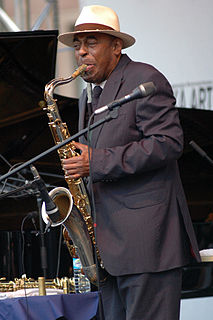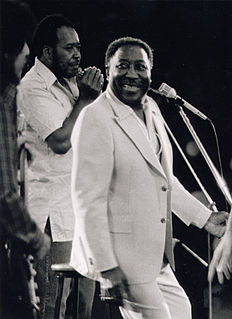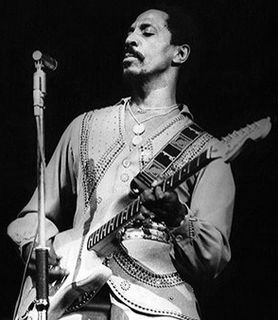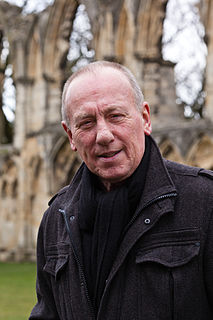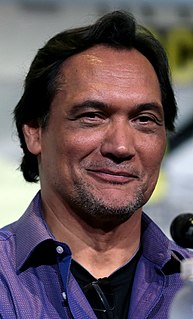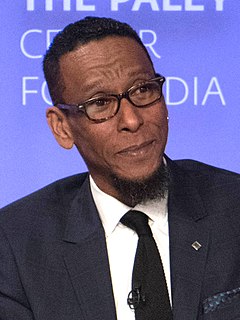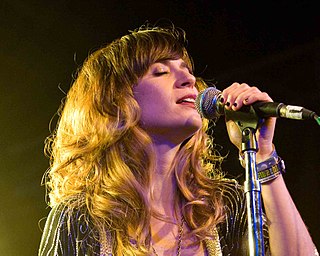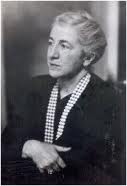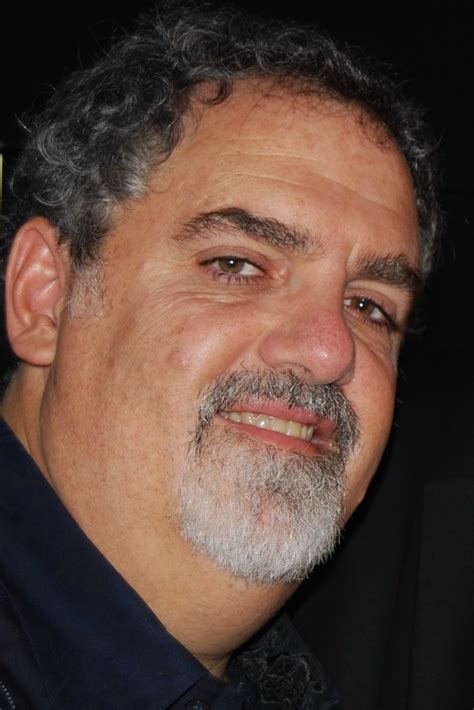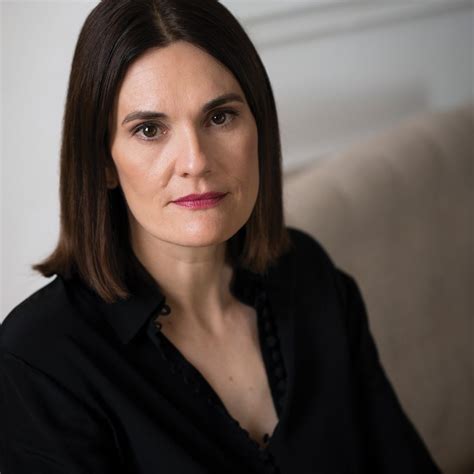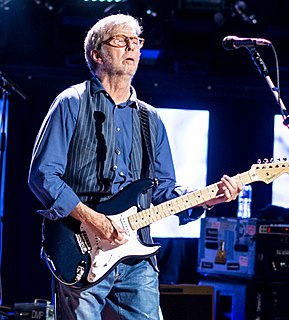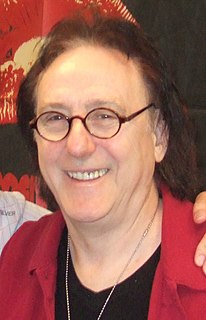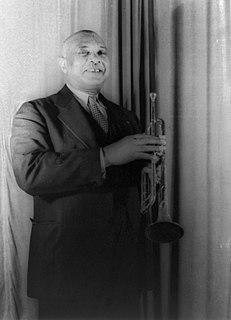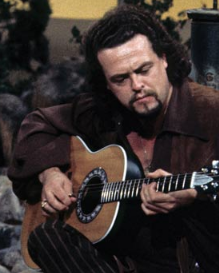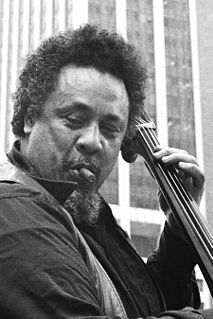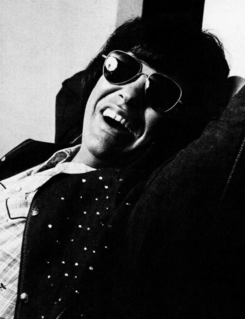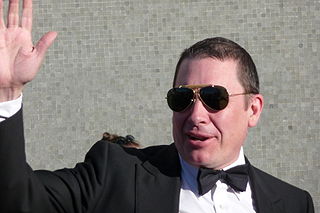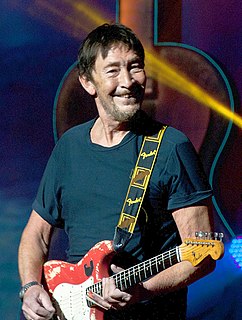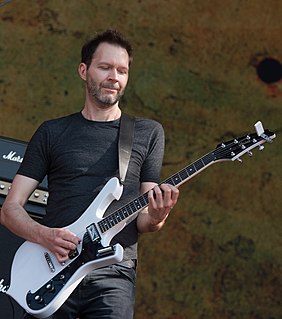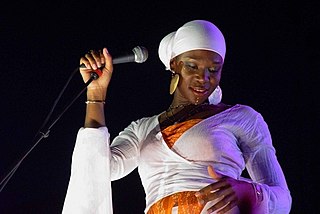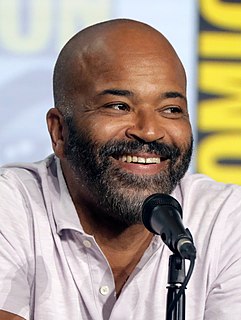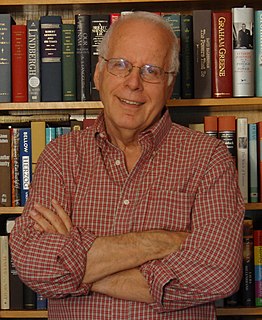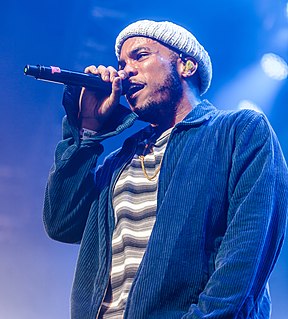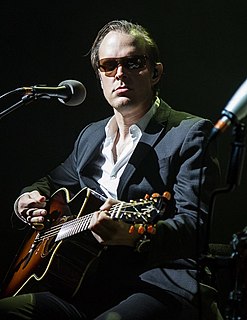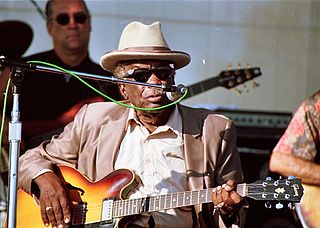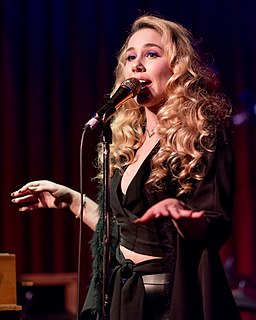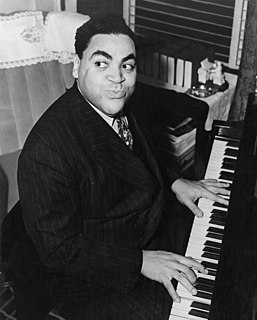Top 1200 Delta Blues Quotes & Sayings - Page 20
Explore popular Delta Blues quotes.
Last updated on December 21, 2024.
The Rolling Stones have been the best of all possible worlds: they have the lack of pretension and sentimentality associated with the blues, the rawness and toughness of hard rock, and the depth which always makes you feel that they are in the midst of saying something. They have never impressed me as being kitsch.
My definition of Blues is that it's a musical form which is very disciplined and structured coupled with a state of mind, and you can have either of those things but it's the two together that make it what it is. And you need to be a student for one, and a human being for the other, but those things alone don't do it.
I don't look at our society today too much. My focus is still in the past, and part of the reason is because what I do - the wellspring of art, or what I do - l get from the blues. So I listen to the music of a particular period that I'm working on, and I think inside the music is clues to what is happening with the people.
